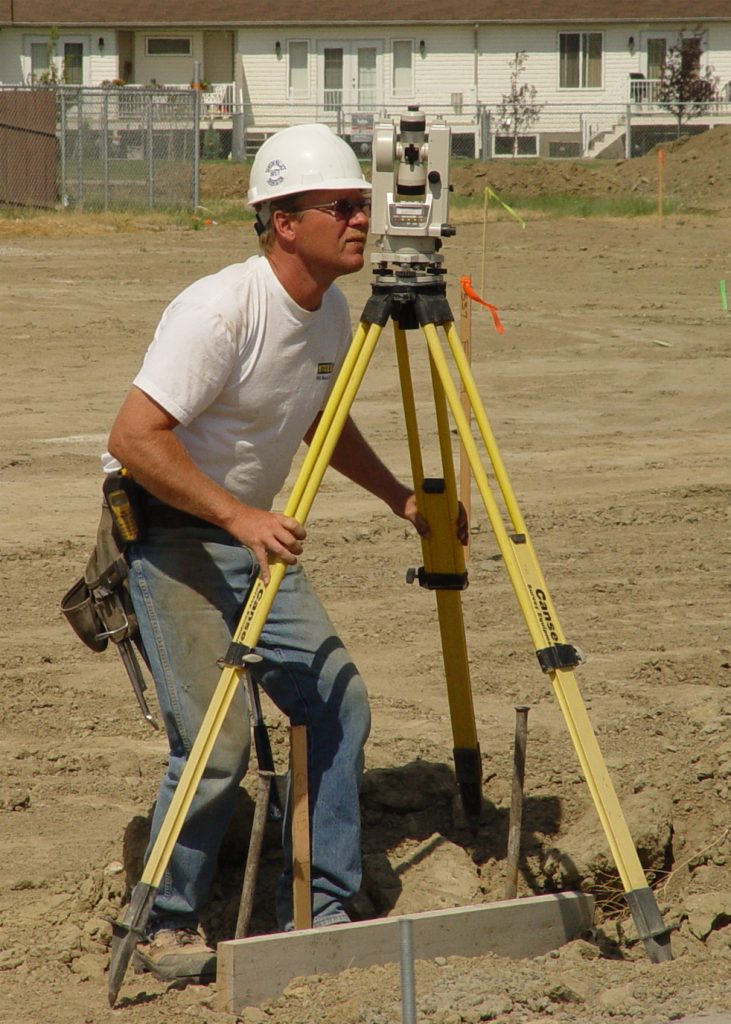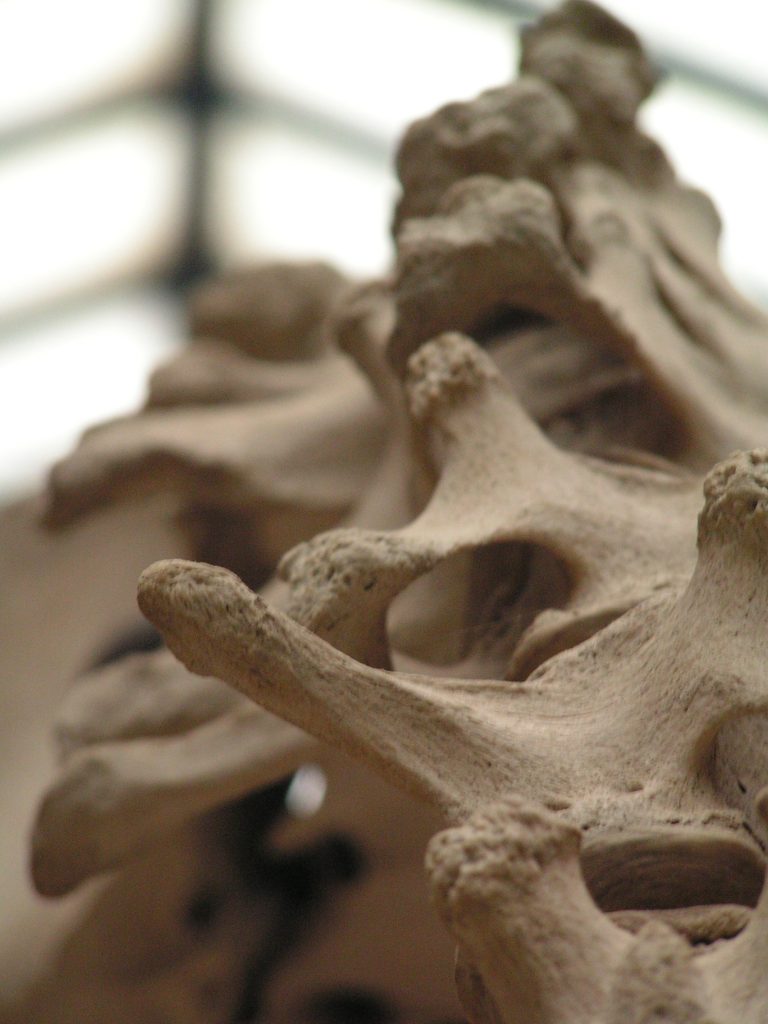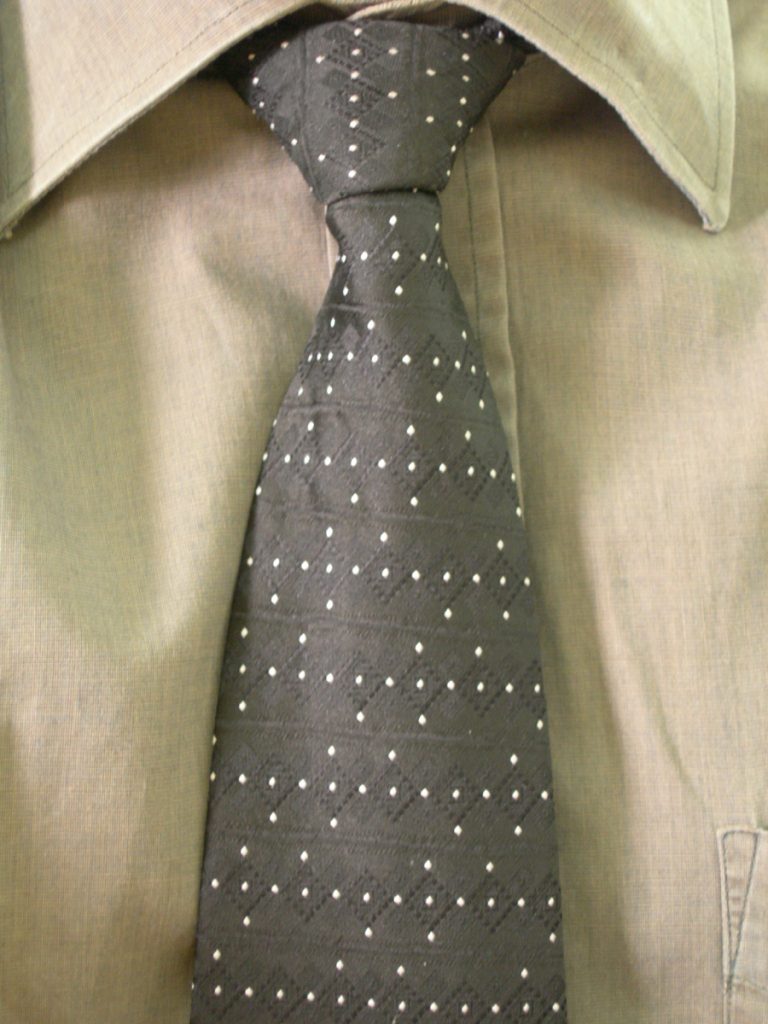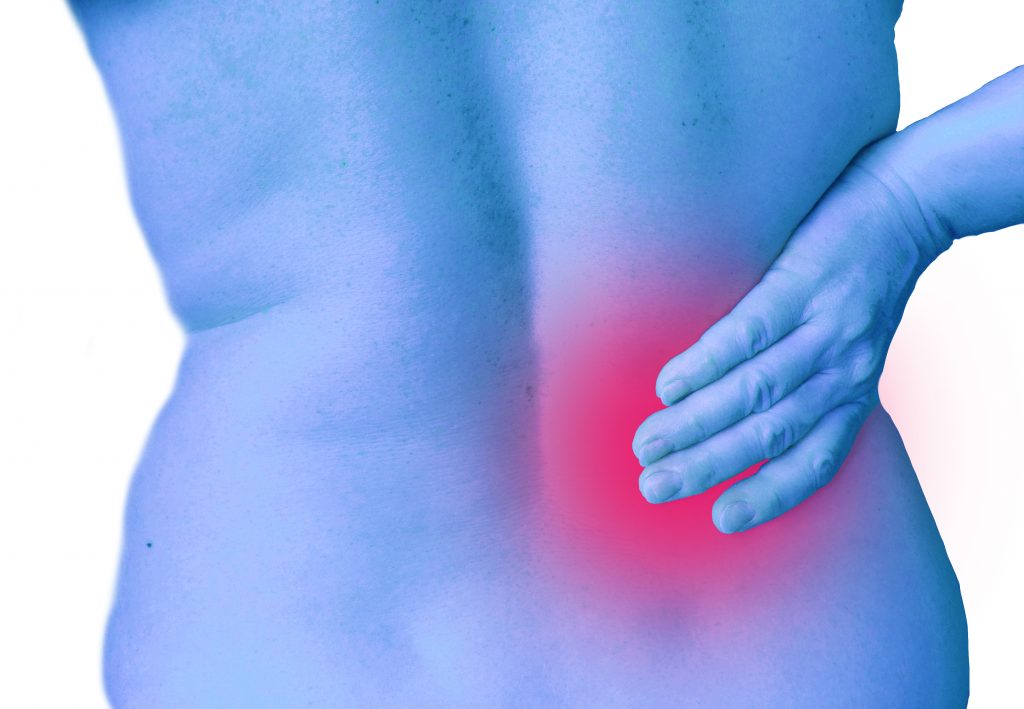 Have you ever suffered personal injury from an accident while traveling to or from work? Generally, pursuant to the Louisiana Workers’ Compensation Act employers are not responsible for injuries sustained by employees while traveling to or from work because these injuries are not considered to have occurred within the course of employment. This is known as the “going-and-coming” rule, under which the employment relationship is considered suspended from the time the employee leaves his or her workplace. However, there are certain exceptions to this rule that allow a claimant to recover even though the injury was sustained while traveling to or from work. The following case illustrates one such exception: if the accident occurred on the employer’s premises, the employee may be covered under workers’ compensation laws.
Have you ever suffered personal injury from an accident while traveling to or from work? Generally, pursuant to the Louisiana Workers’ Compensation Act employers are not responsible for injuries sustained by employees while traveling to or from work because these injuries are not considered to have occurred within the course of employment. This is known as the “going-and-coming” rule, under which the employment relationship is considered suspended from the time the employee leaves his or her workplace. However, there are certain exceptions to this rule that allow a claimant to recover even though the injury was sustained while traveling to or from work. The following case illustrates one such exception: if the accident occurred on the employer’s premises, the employee may be covered under workers’ compensation laws.
Arline Theriot was employed by Full Service Systems Corporation as a porter at a casino in Lake Charles, Louisiana. On December 25, 2012, Arline was on her way to work. Shortly before her shift was about to begin she was searching for a parking space in one of the casino parking lots when she was struck by a vehicle driven by another casino employee. Arline sustained an injury to her neck as a result of the accident and subsequently filed a Disputed Claim for Compensation with the Office of Workers’ Compensation.
Arline alleged that her employer had not authorized a neck surgery that was recommended by Dr. Gregory Rubino and sought penalties and attorney fees for her employer’s rejection of the neck surgery. The Workers’ Compensation Judge (WCJ) decided in favor of Arline, finding that her injury occurred in the course of her employment at the time of the accident, that the neck surgery recommended by Dr. Gregory Rubino was reasonable and necessary, and that the need for the neck surgery was causally related to the workplace accident. On appeal, the sole legal issue was whether Arline’s accident arose out of and occurred in the course of her employment. Full Service Systems disputed the WCJ’s findings and argued that her claims were not recoverable because she was on her way to work.
 Louisiana Personal Injury Lawyer Blog
Louisiana Personal Injury Lawyer Blog


 When an employee is injured on the job they often have extensive medical bills and less money to pay those bills because they may not be able to work. While workman’s compensation, insurance, and disability benefits are available to cover those costs, there is another form of compensation available to those who are injured as a result of negligence or other bad acts. The injured party can file a lawsuit against those responsible. Of course, there are often questions surrounding who is in fact legally responsible, e.g., for maintenance of a job site, and it takes an experienced lawyer to navigate such complicated legal questions.
When an employee is injured on the job they often have extensive medical bills and less money to pay those bills because they may not be able to work. While workman’s compensation, insurance, and disability benefits are available to cover those costs, there is another form of compensation available to those who are injured as a result of negligence or other bad acts. The injured party can file a lawsuit against those responsible. Of course, there are often questions surrounding who is in fact legally responsible, e.g., for maintenance of a job site, and it takes an experienced lawyer to navigate such complicated legal questions. One of the biggest fears of any parent is the sudden and unexpected death of your spouse, leaving only you to raise and provide for your children. The thought alone can be crippling. When tragedy strikes, one of the only comforts a surviving spouse can find is believing that they will receive financial compensation to relieve the monetary burden left behind by the loss of a spouse who provided a steady source of income. At the center of every wrongful death claim is the issue of getting the surviving family member relief to overcome the hardship of carrying on without their spouse or parent who helped support them. For individuals killed on the job, the Louisiana Workers’ Compensation Act (the “Act”) provides an avenue for compensation for surviving family members. Under the Act, an employee injured in an accident during the course and scope of the employment is generally limited to the recovery of workers’ compensation benefits as his exclusive remedy against his employer and may not sue his employer in tort. See
One of the biggest fears of any parent is the sudden and unexpected death of your spouse, leaving only you to raise and provide for your children. The thought alone can be crippling. When tragedy strikes, one of the only comforts a surviving spouse can find is believing that they will receive financial compensation to relieve the monetary burden left behind by the loss of a spouse who provided a steady source of income. At the center of every wrongful death claim is the issue of getting the surviving family member relief to overcome the hardship of carrying on without their spouse or parent who helped support them. For individuals killed on the job, the Louisiana Workers’ Compensation Act (the “Act”) provides an avenue for compensation for surviving family members. Under the Act, an employee injured in an accident during the course and scope of the employment is generally limited to the recovery of workers’ compensation benefits as his exclusive remedy against his employer and may not sue his employer in tort. See  When a person is injured, a countdown begins. If you think you have a lawsuit, you need to file that lawsuit within a certain amount of time or else you will lose the right to that claim. Similar to what some states would call a statute of limitations, Louisiana uses something called “liberative prescription” or just “prescription.” Under this legal doctrine, after a certain amount of time has passed, a plaintiff can no longer bring their claim. The claim is treated as if it never came into being. In some cases, this period is one year. See
When a person is injured, a countdown begins. If you think you have a lawsuit, you need to file that lawsuit within a certain amount of time or else you will lose the right to that claim. Similar to what some states would call a statute of limitations, Louisiana uses something called “liberative prescription” or just “prescription.” Under this legal doctrine, after a certain amount of time has passed, a plaintiff can no longer bring their claim. The claim is treated as if it never came into being. In some cases, this period is one year. See  No one wants to be injured at work and thus be unable to continue working to pay one’s bills.
No one wants to be injured at work and thus be unable to continue working to pay one’s bills. If you slip and fall on a pile of food left on the floor of a supermarket and evidence shows that an employee observed the hazard a minute earlier but failed to warn you, it may seem obvious that the store was at fault and owes you full compensation for your injuries. However, as Sheneatha Stevens of Lake Charles, Louisiana learned, the situation may not be so clear cut. The amount of compensation you are awarded will depend on whether you had knowledge of the hazard at the time you were injured, personal characteristics or distractions in the environment affecting your ability to avoid the hazard, any risks you took and why you took them, and whether the trial court finds the evidence you present on these factors to be convincing. An aspect of the situation that may not seem important to you can wind up having a major effect on your credibility and, ultimately, on the amount of damages awarded to you, as Ms. Stevens learned. Her case shows why it is important to have an experienced attorney representing you when you have been injured in a retail store and both sides have strong evidence supporting their positions.
If you slip and fall on a pile of food left on the floor of a supermarket and evidence shows that an employee observed the hazard a minute earlier but failed to warn you, it may seem obvious that the store was at fault and owes you full compensation for your injuries. However, as Sheneatha Stevens of Lake Charles, Louisiana learned, the situation may not be so clear cut. The amount of compensation you are awarded will depend on whether you had knowledge of the hazard at the time you were injured, personal characteristics or distractions in the environment affecting your ability to avoid the hazard, any risks you took and why you took them, and whether the trial court finds the evidence you present on these factors to be convincing. An aspect of the situation that may not seem important to you can wind up having a major effect on your credibility and, ultimately, on the amount of damages awarded to you, as Ms. Stevens learned. Her case shows why it is important to have an experienced attorney representing you when you have been injured in a retail store and both sides have strong evidence supporting their positions.
 After a workplace injury, navigating the benefits provided by workers’ compensation can be a complicated process. Workers’ compensation judges’ decisions are rarely overturned when their rulings are largely fact-based. A recent lawsuit out of Ouachita Parish demonstrates the importance of finding a good lawyer who can ensure that you secure all entitled benefits and can navigate through the legal system when issues arise.
After a workplace injury, navigating the benefits provided by workers’ compensation can be a complicated process. Workers’ compensation judges’ decisions are rarely overturned when their rulings are largely fact-based. A recent lawsuit out of Ouachita Parish demonstrates the importance of finding a good lawyer who can ensure that you secure all entitled benefits and can navigate through the legal system when issues arise.  Witnesses often play a critical role in the outcome of a lawsuit, which is why opposing parties often try to discredit witnesses that may be harmful to their argument. In a recent case where a plaintiff attempted to discredit a witness for the defense, the opinion of the judge who actually heard the witness testimony reigned supreme.
Witnesses often play a critical role in the outcome of a lawsuit, which is why opposing parties often try to discredit witnesses that may be harmful to their argument. In a recent case where a plaintiff attempted to discredit a witness for the defense, the opinion of the judge who actually heard the witness testimony reigned supreme.  If you have been injured in a work accident, it’s important to know that limitations and restrictions are often placed on your rights under workers’ compensation packages. Speaking to a good lawyer before undergoing any non-emergency treatment is crucial to ensuring that you will be reimbursed for your expenses. A case arising out of Lafayette, Louisiana illustrates the importance of this point.
If you have been injured in a work accident, it’s important to know that limitations and restrictions are often placed on your rights under workers’ compensation packages. Speaking to a good lawyer before undergoing any non-emergency treatment is crucial to ensuring that you will be reimbursed for your expenses. A case arising out of Lafayette, Louisiana illustrates the importance of this point.